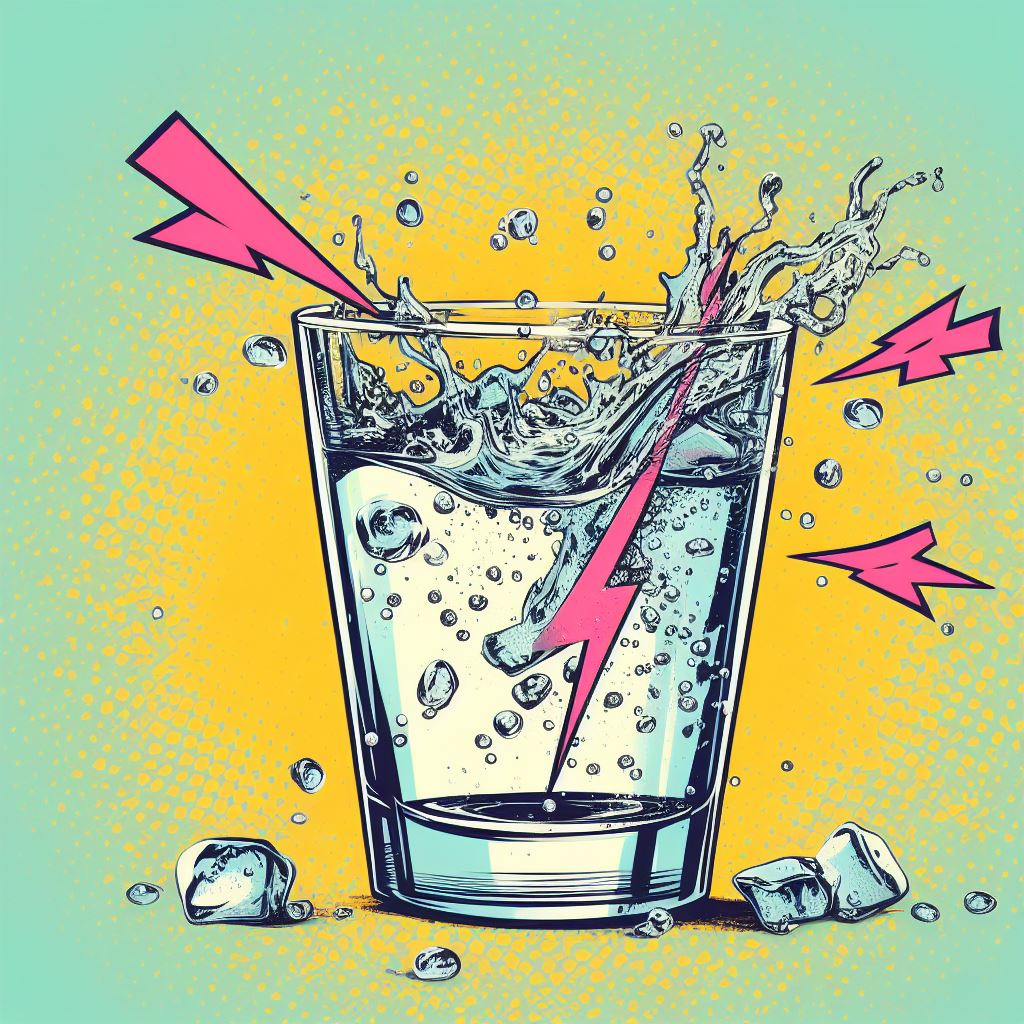The Lamen

Do you really need electrolytes: A quick guide for hydration
Thanks to YouTube and podcast sponsorships, electrolytes have gone mainstream.
Illustration: Generated with Bing AI
Severe dehydration has you walking on a thin line, with Mauro Prosperi’s story being the perfect example. A marathoner who got lost in the Sahara Desert during another 26-miler, only to survive by drinking his own urine for days. Doctors who treated Prosperi reported that “16 bags of intravenous fluids were needed to replace his water loss,” while the damage to his kidneys, liver, and psyche goes unmentioned.
Temperatures continue breaking records, an increasing number of people fall under areas of heat alert, and life outside air-conditioning is becoming miserable. Even having abandoned the hunter-gatherer lifestyle, life locked inside doors isn’t an option most have.
As federal agencies, health officials, and celebrities raise awareness for coming with rising heat, one term gets thrown around ever so often — “electrolytes.”
What is an electrolyte?
In a nutritional sense, “electrolytes” are minerals that dissolve in body fluids, responsible for “maintaining electrical neutrality in cells and generating and conduction action potentials in the nerves and muscles.” In simpler terms, they recharge your body.
- Essential electrolytes include sodium, potassium, chloride, magnesium, calcium, phosphate, and bicarbonate.
- These substances maintain the balance between fluids inside and outside your cells, allowing for the conduction of chemical reactions that result in activities like muscle contraction.
The idea behind taking an electrolyte supplement is simple: you replenish the minerals you lose through water losses. The science, however, is scarce — most benefits being anecdotal or part of an endorsement.
- Electrolytes do serve a purpose. Exercise generates significant heat, which is primarily dissipated through sweat — a mixture of water and electrolytes. If not replenished, this can cause an electrolyte imbalance.
- Even a 2 percent drop in hydration levels can impede performance and cause cardiovascular strain.
Marathoners regularly report dehydration, cramping, dizziness, passing out, or vomiting — all hallmarks of dehydration. On average, they complete a race with 3 to 4 percent dehydration.
Do you really need them?
The short answer: No, most people don’t need electrolyte supplements — at least not every day. The Western diet is largely accommodating of most electrolytes, and people often over-diagnose dehydration.
- Sodium, one of the primary electrolytes, is easily replenished through salt. Some fruits and nuts can also provide adequate amounts of potassium and magnesium.
- People are sold on hydration, but plain water just doesn’t taste, well, like anything. This is where “water enhancers” come in — often available as a small packet that you add to a big glass of water.
On the other hand, athletes do benefit from taking electrolytes — helpful in recovery and sustained training load, especially under hot weather.
Some people are drinking too much fluids.
Overhydration is also a concern, especially for athletes typically encouraged to “drink plenty of fluids.”
- Excessive fluid intake during exercise can cause hyponatremia — a “watering down” effect that causes the sodium levels in your blood to get too low.
- A study of runners in the London marathon revealed that 13 percent of them had hyponatremia, and only 0.6 percent exhibited critical hyponatremia.
- While a rare event, overhydration can result in a drop in performance and death, experts warn.
While sipping on a sports drink isn’t unhealthy per se, there are alternatives as well. Coconut water is always a great source of potassium. Sports drinks can help, but they do come with additional calories and some amounts of sugar.